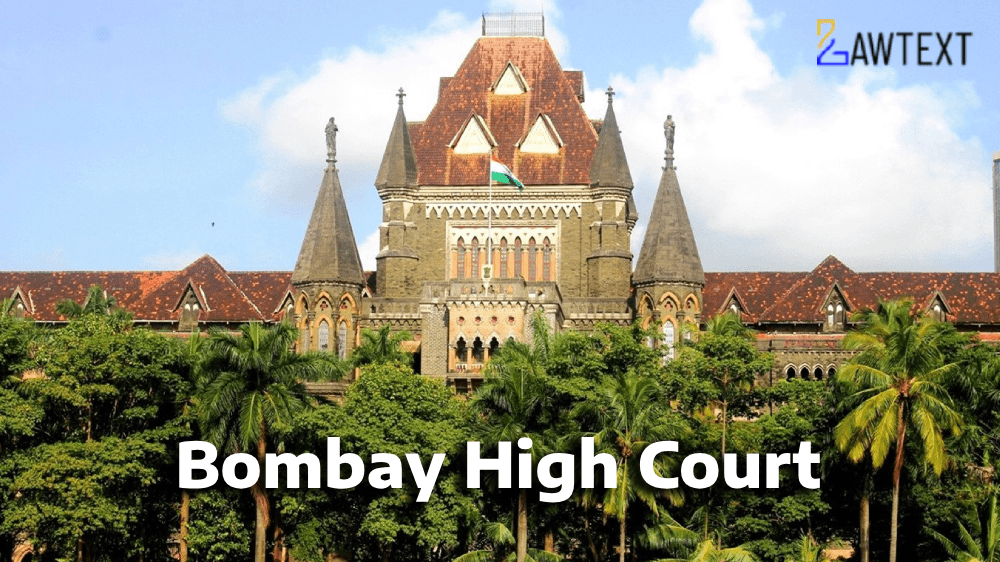

Retroactive Application of Amended Section 6: The 2005 Amendment to Section 6 of the Hindu Succession Act, 1956 is retroactive, not retrospective. It grants daughters coparcenary rights by birth, irrespective of whether the father died before or after the Act came into force. The coparcenary must exist as of 9th September 2005, and the daughter’s rights accrue from that date. (Para 60, 68, 137)
Coparcenary Rights by Birth: The daughter becomes a coparcener by birth, and her rights are not dependent on the father’s survival. The 2005 Amendment removes gender discrimination and grants daughters equal rights as sons in coparcenary property. (Para 68, 137)
No Cross-Objection Required: In partition suits, all parties are treated as both plaintiffs and defendants. Therefore, the first appellate court was correct in modifying the trial court’s decree without requiring a cross-objection from the plaintiff. (Para 61, 62)
The daughter is entitled to claim the benefit of amended Section 6 of the Hindu Succession Act, 1956, even if her father died before the Act came into force. (Para 60, 137)
The first appellate court did not err in modifying the trial court’s decree and granting an additional share to the plaintiff, even in the absence of a cross-objection. (Para 61, 62)
Supreme Court’s Vineeta Sharma Judgment Clarifies Retroactive Application of Amended Section 6 – Daughters Entitled to Equal Share in Coparcenary Property Irrespective of Father’s Death Prior to 1956
Hindu Succession Act, 1956 (H.S.A., 1956) – Section 6 (Amended by the Hindu Succession (Amendment) Act, 2005).
Hindu Women’s Rights to Property Act, 1937.
Hindu Law of Inheritance (Amendment) Act, 1929.
Constitution of India (COI) – Article 14 (Right to Equality).
Coparcenary – Joint family property governed by Mitakshara law.
Unobstructed Heritage – Right by birth in coparcenary property.
Obstructed Heritage – Right accruing after the death of the owner.
Retroactive Application – Rights based on antecedent events, not retrospective.
Partition Suit – Suit for division of joint family property.
Survivorship – Succession by survivorship under Mitakshara law.
Class I Heirs – Female relatives entitled to inherit under the Hindu Succession Act.
Nature of the Litigation: The case involved a partition suit filed by Tarabai (Respondent No. 1) seeking her share in the ancestral property after her father’s death in 1943. The property was governed by Mitakshara law, and the dispute arose over whether Tarabai, as a daughter, was entitled to a share in the coparcenary property despite her father’s death before the Hindu Succession Act, 1956 came into force.
Remedy Sought: Tarabai sought partition and separate possession of her share in the ancestral property, claiming equal rights as a coparcener under the amended Section 6 of the Hindu Succession Act, 1956 (as amended in 2005).
Reason for Filing: The appellants (legal heirs of Tarabai’s brothers) contested her claim, arguing that since her father died in 1943, before the enactment of the Hindu Succession Act, 1956, Tarabai could not claim coparcenary rights under the 2005 Amendment.
Previous Decisions: The trial court granted Tarabai a 1/12th share, but the first appellate court, applying the 2005 Amendment, increased her share to 1/4th. The appellants challenged this decision in the Second Appeal.
Whether a daughter, whose father died before the Hindu Succession Act, 1956 came into force, is entitled to claim the benefit of amended Section 6 of the Hindu Succession Act, 1956? (Para 2, 6, 7, 17)
Whether the first appellate court erred in modifying the trial court’s decree and granting an additional share to the plaintiff in the absence of a cross-objection? (Para 6, 61)
Appellants’ Arguments:
The father died in 1943, before the Hindu Succession Act, 1956 came into force. Therefore, the 2005 Amendment could not apply retroactively to grant Tarabai coparcenary rights. (Para 8, 12)
The coparcenary formed after the father’s death consisted only of the sons, and Tarabai, as a daughter, could not be a coparcener under the law prevailing in 1943. (Para 9, 12)
The 2005 Amendment is not retrospective and cannot confer rights on daughters born before its enactment. (Para 10, 12)
Respondent’s Arguments:
The 2005 Amendment is retroactive, not retrospective, and grants daughters coparcenary rights by birth, irrespective of the father’s death before the Act came into force. (Para 13, 17)
The coparcenary must exist as of 9th September 2005 (the date of the Amendment), and Tarabai, being alive on that date, is entitled to equal rights as a son. (Para 17, 68)
Amicus Curiae’s Submissions:
The 2005 Amendment confers coparcenary rights on daughters by birth, and the father’s death before the Act is irrelevant. (Para 13, 17)
The coparcenary continued to exist until 2005, and Tarabai, as a daughter, is entitled to a share equal to that of her brothers. (Para 17, 68)
Citation: 2024 LawText (BOM) (9) 299
Case Number: SECOND APPEAL NO.371 OF 2013
Date of Decision: 2024-08-29
Case Title: Shri. Bhagwant Dagadu Chambhar (Kadam) (Since deceased through his LRs) Versus Sou. Tarabai @ Hirabai Nivrutti Sonawane And Ors.
Before Judge: MADHAV J. JAMDAR, J.
Advocate(s): Mr. Girish Godbole, Senior Counsel, Amicus Curiae. Mr. Sandesh D. Patil a/w Mr. Chintan Shah & Ms. Divya A. Pawar, for Appellants. Mr. S. M. Seegarla, for Respondent Nos.1 and 8(a) to 8(f). Mr. Drupad Patil, for the Appellant in Second Appeal No.225 of 2023. Mr. Kalpesh Patil, for the Respondents in Second Appeal No.225 of 2023.
Appellant: Shri. Bhagwant Dagadu Chambhar (Kadam) (Since deceased through his LRs)
Respondent: Sou. Tarabai @ Hirabai Nivrutti Sonawane And Ors.